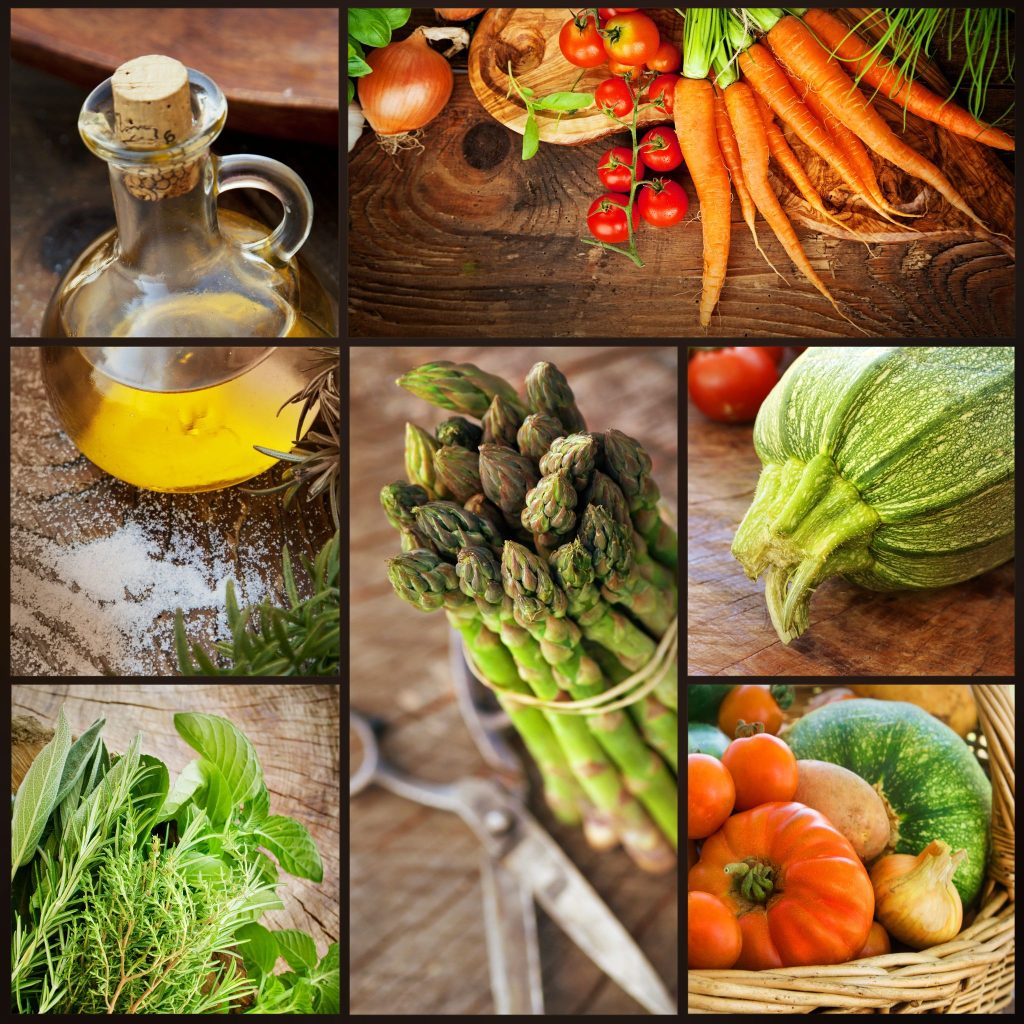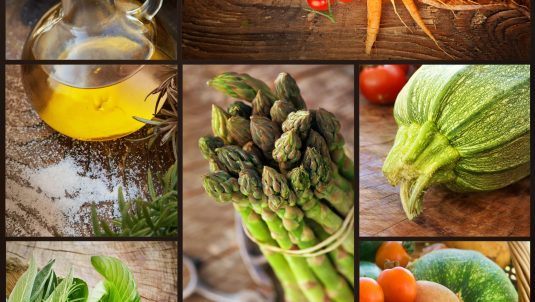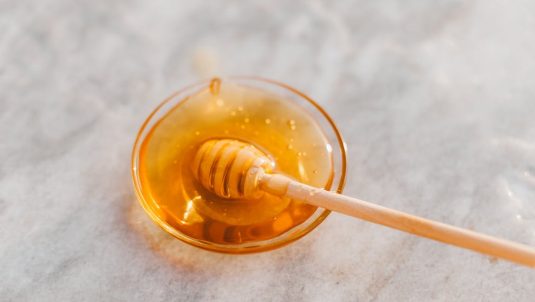
What’s so Great About Organic Food?
It’s true: The price of organic food can scare many people away. It’s also true, however, that organic is so much more than high-end or “boutique” food. With recent studies demonstrating that organic food may indeed be safer, healthier and possibly better for the environment, choosing to shop organic whenever possible might just be worth the extra cash. Besides being a more healthful lifestyle, consuming organic food can deliver benefits that conventional farming cannot.
New Studies Show Benefits of Organic Food
Just this year, *The British Journal of Nutrition compiled a close examination of more than 300 peer-reviewed studies that assessed the various differences between organic and conventional farming methods. This collection, one of the first of its kind, brings to light some fascinating aspects about organic food production and consumption. One of the clearest results of the analysis proves that, overall, organic food contains far more antioxidants than food produced via conventional means. According to *ABC News, antioxidants are responsible for promoting healthy cell growth, which is why they’re such an essential part of a healthy diet. Given the results of the analysis, organic food provides an excellent source of antioxidants without an unnecessary increase in caloric consumption.
Organic Food Contains Fewer Toxic Metals
Another result of the study is that organic food, on average, contains fewer amounts of metals like cadmium. While microscopic amounts of metals are found virtually everywhere—and ingested frequently—organic food benefits people by reducing their overall exposure to these materials that, over time, can cause a variety of health issues.
Organic Food Is Held to Stringent Standards
According to the *Organic Trade Association, one of the clearest advantages of organic food is that it’s held up to high standards. The USDA’s requirements and guidelines for certification are not only strict, but they’re also updated regularly to ensure organic food is produced with non-commercial pesticides and is done so in a way that doesn’t rely on the heavily mechanized tools of conventional farming. This has resulted in innovative and natural solutions for many of the challenges associated with farming and agriculture overall. Farmers frequently look for safe ways to deter pests from harming crops while also preserving the ecosystem and environment around them.
Organic Food Is Quality Food
Food should be viewed for what it is: a source of nourishment. Living an organic lifestyle is all about maintaining a higher standard of nourishment, which not only benefits consumers but also farmers. Shopping organic contributes money to health, the environment and small farmers who are passionate about cultivating crops in a safe and natural way.
*Sources: journals.cambridge.org | abcnews | ota.com
Find restaurants with organic options near you
View some of our cities, but feel free to search any location.






 Sign in with Google
Sign in with Google Sign in with Facebook
Sign in with Facebook